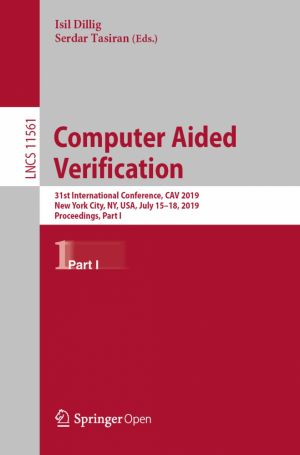
The book set LNCS 11561 and 11562 constitutes the refereed proceedings of the 31st International Conference on Computer Aided Verification, CAV 2019, held in New York City, USA, in July 2019. The 52 full papers presented together with 13 tool papers and 2 case studies, were carefully reviewed and selected from 258 submissions. The papers were organ...
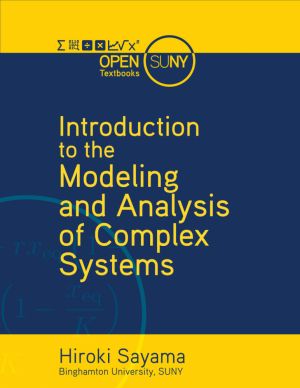
Introduction to the Modeling and Analysis of Complex Systems introduces students to mathematical/computational modeling and analysis developed in the emerging interdisciplinary field of Complex Systems Science. Complex systems are systems made of a large number of microscopic components interacting with each other in nontrivial ways. Many real-worl...
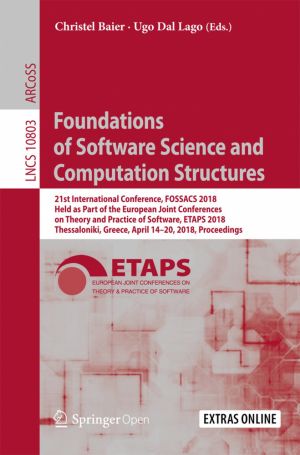
This book constitutes the proceedings of the 21st International Conference on Foundations of Software Science and Computational Structures, FOSSACS 2018, which took place in Thessaloniki, Greece, in April 2018, held as part of the European Joint Conference on Theory and Practice of Software, ETAPS 2018.The 31 papers presented in this volume were ca...
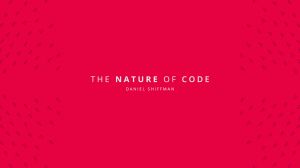
How can we capture the unpredictable evolutionary and emergent properties of nature in software? How can understanding the mathematical principles behind our physical world help us to create digital worlds? This book focuses on a range of programming strategies and techniques behind computer simulations of natural systems, from elementary concepts ...
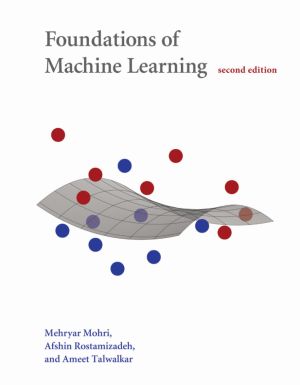
A new edition of a graduate-level machine learning textbook that focuses on the analysis and theory of algorithms.
This book is a general introduction to machine learning that can serve as a textbook for graduate students and a reference for researchers. It covers fundamental modern topics in machine learning while providing the theoretical basi...
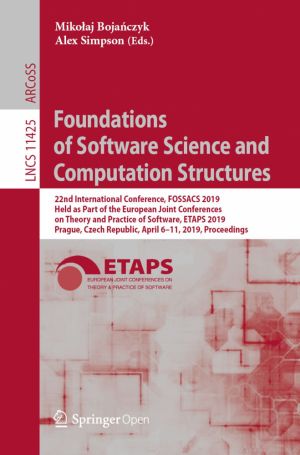
This book constitutes the proceedings of the 15th International Conference on Foundations of Software Science and Computational Structures, FOSSACS 2012, held as part of the joint European Conference on Theory and Practice of Software, ETAPS 2012, which took place in Tallinn, Estonia, in March/April 2012.
The 29 papers presented in this book toget...
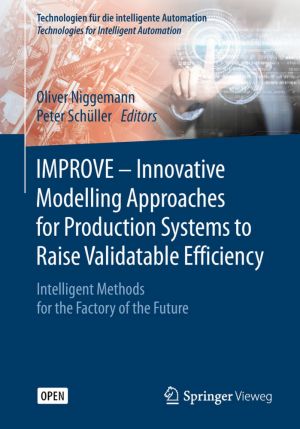
This open access work presents selected results from the European research and innovation project IMPROVE which yielded novel data-based solutions to enhance machine reliability and efficiency in the fields of simulation and optimization, condition monitoring, alarm management, and quality prediction.
Prof. Dr. Oliver Niggemann is Professor for Ar...
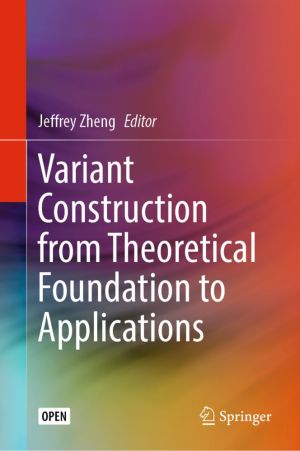
This book presents theoretical framework and sample applications of variant construction. The first part includes the components variant logic, variant measurements, and variant maps, while the second part covers sample applications such as variation with functions, variant stream ciphers, quantum interference, classical/quantum random sequences, w...
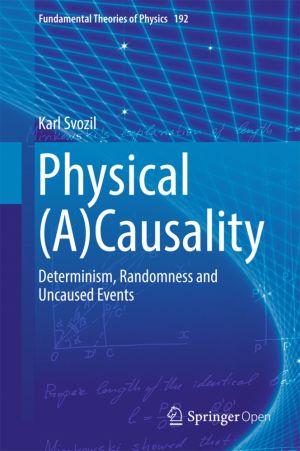
This book addresses the physical phenomenon of events that seem to occur spontaneously and without any known cause. These are to be contrasted with events that happen in a (pre-)determined, predictable, lawful, and causal way. All our knowledge is based on self-reflexive theorizing, as well as on operational means of empirical perception. Some of ...
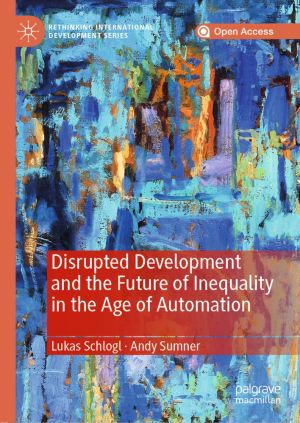
This book examines the future of inequality, work and wages in the age of automation with a focus on developing countries. The authors argue that the rise of a global 'robot reserve army' has profound effects on labor markets and economic development, but, rather than causing mass unemployment, new technologies are more likely to lead to ...
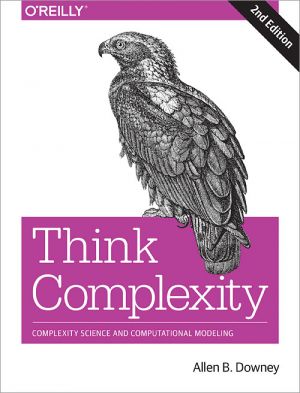
Complexity science uses computation to explore the physical and social sciences. In Think Complexity, you'll use graphs, cellular automata, and agent-based models to study topics in physics, biology, and economics.
Whether you're an intermediate-level Python programmer or a student of computational modeling, you'll delve into exam...
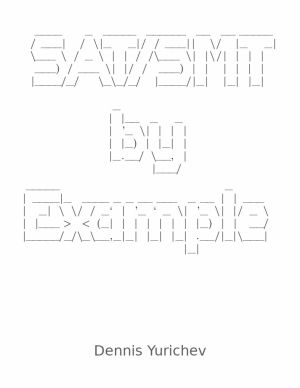
SAT/SMT solvers can be viewed as solvers of huge systems of equations. The difference is that SMT solvers takes systems in arbitrary format, while SAT solvers are limited to boolean equations in CNF 1 form. A lot of real world problems can be represented as problems of solving system of equations....
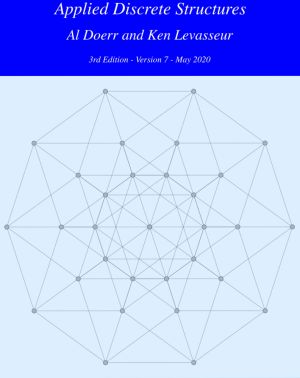
Applied Discrete Structures, is a two semester undergraduate text in discrete mathematics, focusing on the structural properties of mathematical objects. These include matrices, functions, graphs, trees, lattices and algebraic structures. The algebraic structures that are discussed are monoids, groups, rings, fields and vector spaces.
Applied D...
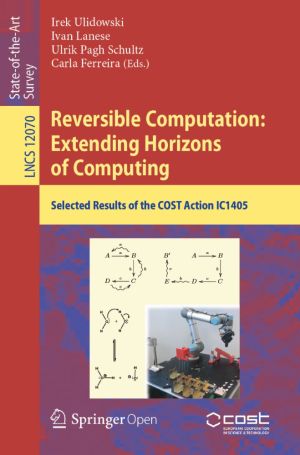
This open access State-of-the-Art Survey presents the main recent scientific outcomes in the area of reversible computation, focusing on those that have emerged during COST Action IC1405 "Reversible Computation - Extending Horizons of Computing", a European research network that operated from May 2015 to April 2019.Reversible computation ...
